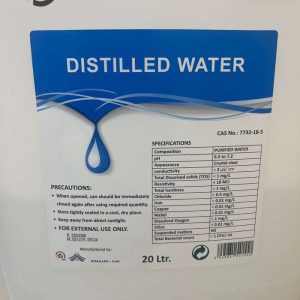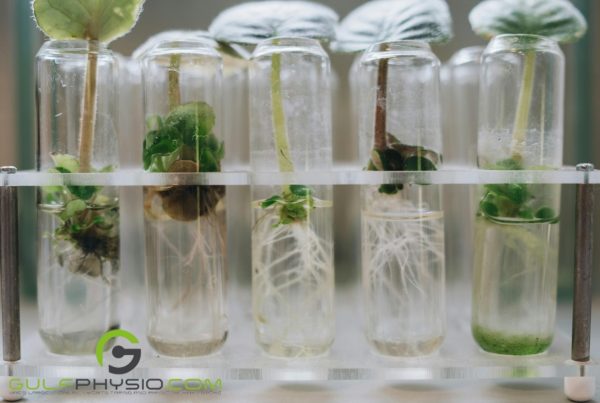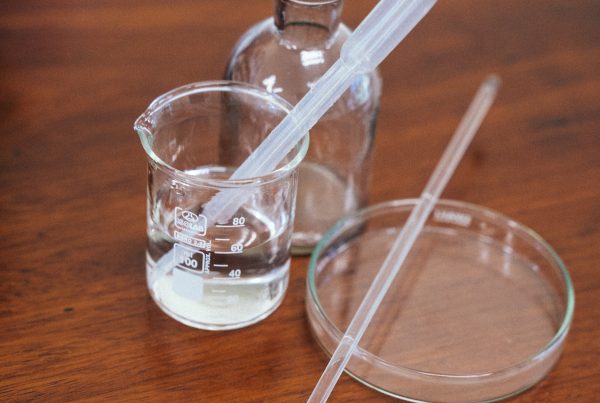Metals exhibit different reactivity and corrosion rates when exposed to distilled water compared to regular tap water. This variation arises from the inherent purity of distilled water, which lacks the minerals, impurities, and the typical electrical conductivity found in tap water.
Comparative Behavior of Common Metals:
- Iron: In distilled water, the rusting of iron is slowed due to the absence of accelerating dissolved salts and minerals. Nevertheless, some rusting still transpires due to dissolved oxygen.
- Copper: Copper tarnishes at a reduced rate in distilled water. In contrast, tap water, depending on its ion content or acidity, can expedite tarnishing, leading to a quicker formation of the characteristic greenish patina.
- Aluminum: Benefiting from a protective oxide layer, aluminum generally resists corrosion in pure water. Distilled water, being purer, offers a more stable environment for aluminum than mineral-rich tap water.
- Stainless Steel: The chromium-induced passive oxide layer on stainless steel acts as a shield against rust. Distilled water, lacking aggressive ions like chlorides, minimizes risks like pitting corrosion.
- Zinc: Distilled water, especially when compared to potentially acidic tap water, offers a gentler environment, decelerating zinc’s corrosion.
- Gold and Platinum: These noble metals resist corrosion in both distilled and tap water. However, distilled water’s purity ensures these metals remain untarnished and unaffected by external impurities.
Electrical Conductivity and Its Influence:
- Electrical Conductivity: The noteworthy lower conductivity of distilled water, a result of its devoid nature of dissolved salts and minerals, contrasts starkly with tap water where dissolved ions are primary charge carriers.
- Corrosion and Electrochemical Reactions: Corrosion is fundamentally electrochemical. For instance, iron undergoes oxidation, releasing electrons to form iron ions, which subsequently react with oxygen and water, producing rust.
- Influence on Corrosion: Corrosion’s electrochemical nature is influenced by the conductivity of the medium it occurs in. Elevated conductivity can heighten ion mobility, potentially speeding up corrosion. The diminished conductivity of distilled water naturally slows such processes.
- Galvanic Corrosion: When diverse metals come into contact in an electrolytic solution, a galvanic cell might form, intensifying corrosion of the less noble metal. The subpar electrolytic nature of distilled water, due to its low conductivity, curtails such galvanic reactions.
- Localized Corrosion: Distilled water’s purity mitigates risks like pitting corrosion, which can be exacerbated by specific ions, such as chlorides, in tap water.
In Conclusion: Distilled water, because of it’s purity and reduced electrical conductivity, provides a less aggressive environment for metals, and this decelerates the corrosion processes. Yet, the presence of dissolved oxygen means total immunity from corrosion is not possible. Take a look at some other uses of distilled water



